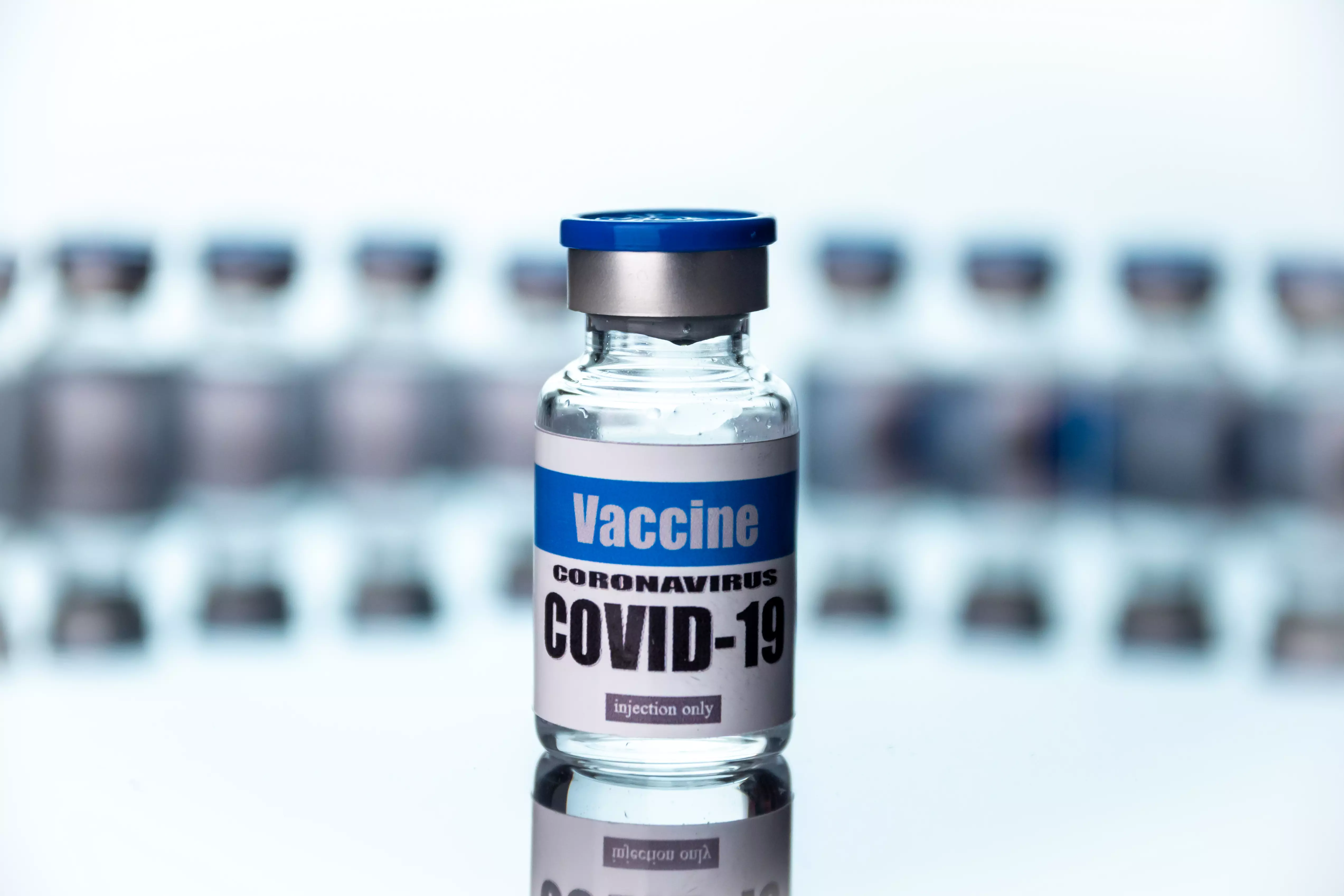COVID-19 research: findings and progress
COVID-19, caused by the SARS-CoV-2 coronavirus, is one of the greatest health challenges of the 21st century. Since the outbreak of the pandemic, scientists around the world have been working relentlessly to study this virus and develop new methods to combat it. In the quest to understand and control COVID-19, a number of key discoveries have already been made that bring hope and pave the way for more effective strategies to combat the disease.
The SARS-CoV-2 genome: the key to understanding the virus
Deciphering the genome of the SARS-CoV-2 virus has proven to be an extremely important step in COVID-19 research, allowing scientists to learn more about the genetic information of the virus, which in turn has led to a more thorough understanding of its mechanisms of action and the body's immune response to infection. This revealed that SARS-CoV-2 is strongly related to the earlier SARS-CoV and MERS-CoV viruses, allowing scientists to benefit from previous research and advances in the development of vaccines and antiviral therapies.
New approaches to antiviral therapies and drugs
Research on COVID-19 has also led to the development of new approaches to therapy and the development of potentially effective antiviral drugs. One example is remdesivir, the drug first used to treat COVID-19. Remdesivir has demonstrated the ability to inhibit replication of the SARS-CoV-2 virus in the human body, resulting in symptom relief and a shorter duration of infection. This key discovery will have a significant impact on the development of future antiviral therapies.
However, it is important to remember that developing an antiviral drug is a time-consuming and complicated process. Further research will need to determine the optimal doses, timing of drug administration and safety of the drug. Many researchers around the world are still working to identify more potential drugs that can effectively inhibit SARS-CoV-2 replication.
Vaccines for COVID-19: Breakthroughs.
One of the most important advances in COVID-19 research is the development and introduction of effective vaccines. Thanks to the intensive efforts of scientists around the world, it has been possible to develop different types of vaccines, such as mRNA, vector and protein vaccines. These vaccines are designed to stimulate the immune system to produce specific antibodies against the SARS-CoV-2 virus.
The best-known vaccines are those from Pfizer-BioNTech, Moderna, AstraZeneca and Johnson & Johnson, which have received approval for use worldwide. Vaccination has reduced the number of hospitalizations, severe illnesses and deaths from COVID-19. However, research continues on the long-term effectiveness of these vaccines, the need for booster doses and the need to develop vaccines that effectively protect against new variants of the virus.
Research on the long-term effects of COVID-19
The COVID-19 pandemic has shown that not only does infection with the SARS-CoV-2 virus lead to the risk of hospitalization and death, but it can also lead to long-term complications in survivors. Researchers are investigating the long-term effects of the disease, which can include chronic fatigue, shortness of breath, joint and muscle pain, and neuropsychiatric problems, among others.
Studies to date suggest that COVID-19 may affect various organs, such as the heart, lungs, brain and blood vessels. An important aspect of this research is to identify risk factors that may contribute to long-term complications of COVID-19, such as age, chronic co-morbidities and severity of past infection.
Summary
Research on COVID-19 is yielding new discoveries and advances that are crucial in the fight against this pandemic. The genome of the SARS-CoV-2 virus, new antiviral drugs, effective vaccines and research into the long-term effects of this disease are paving the way for more effective strategies to combat COVID-19. However, despite the scientific achievements, we must not forget the need to maintain basic principles, such as social distance, wearing masks and maintaining hygiene, in order to prevent the further spread of this dangerous virus.